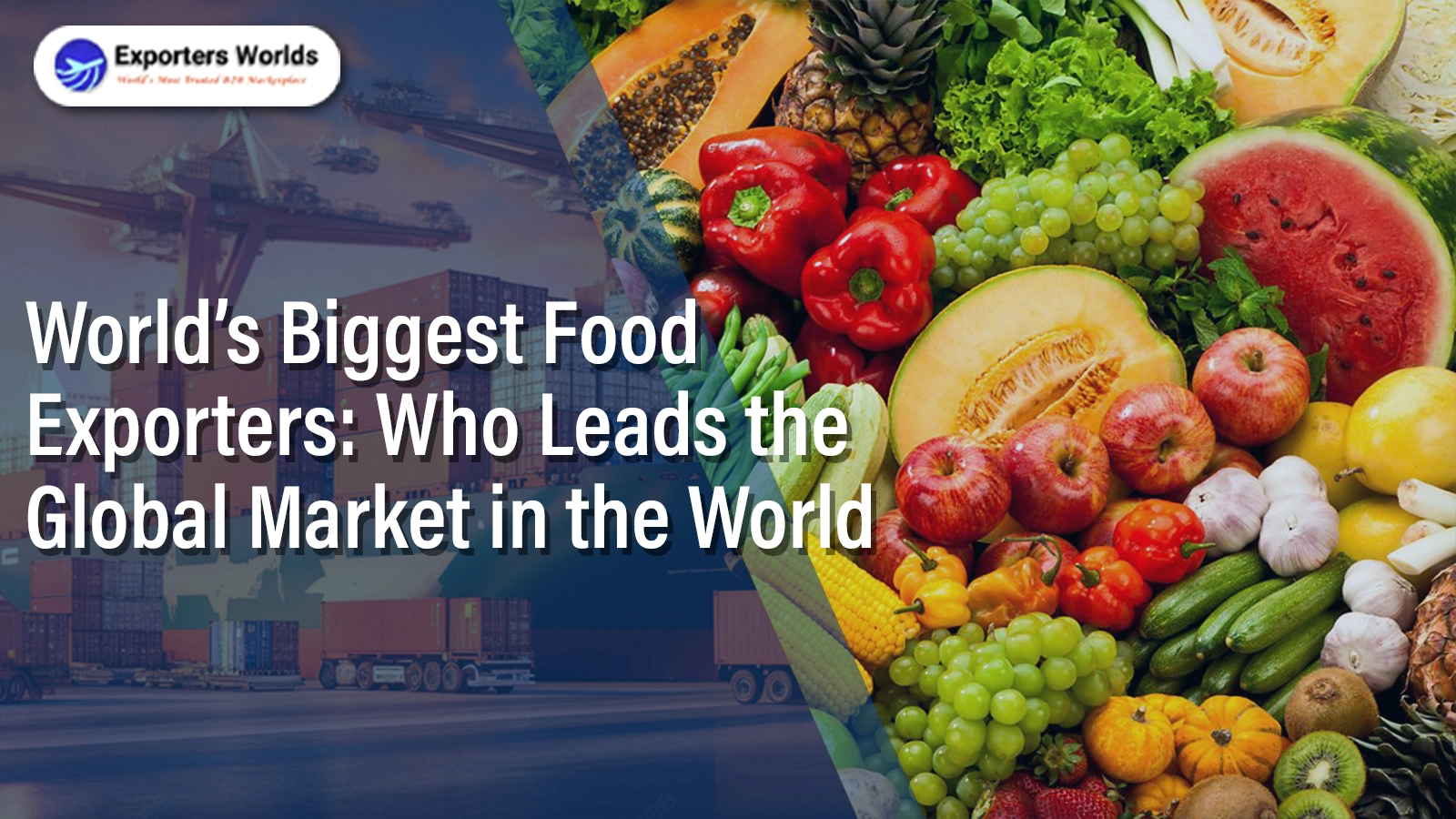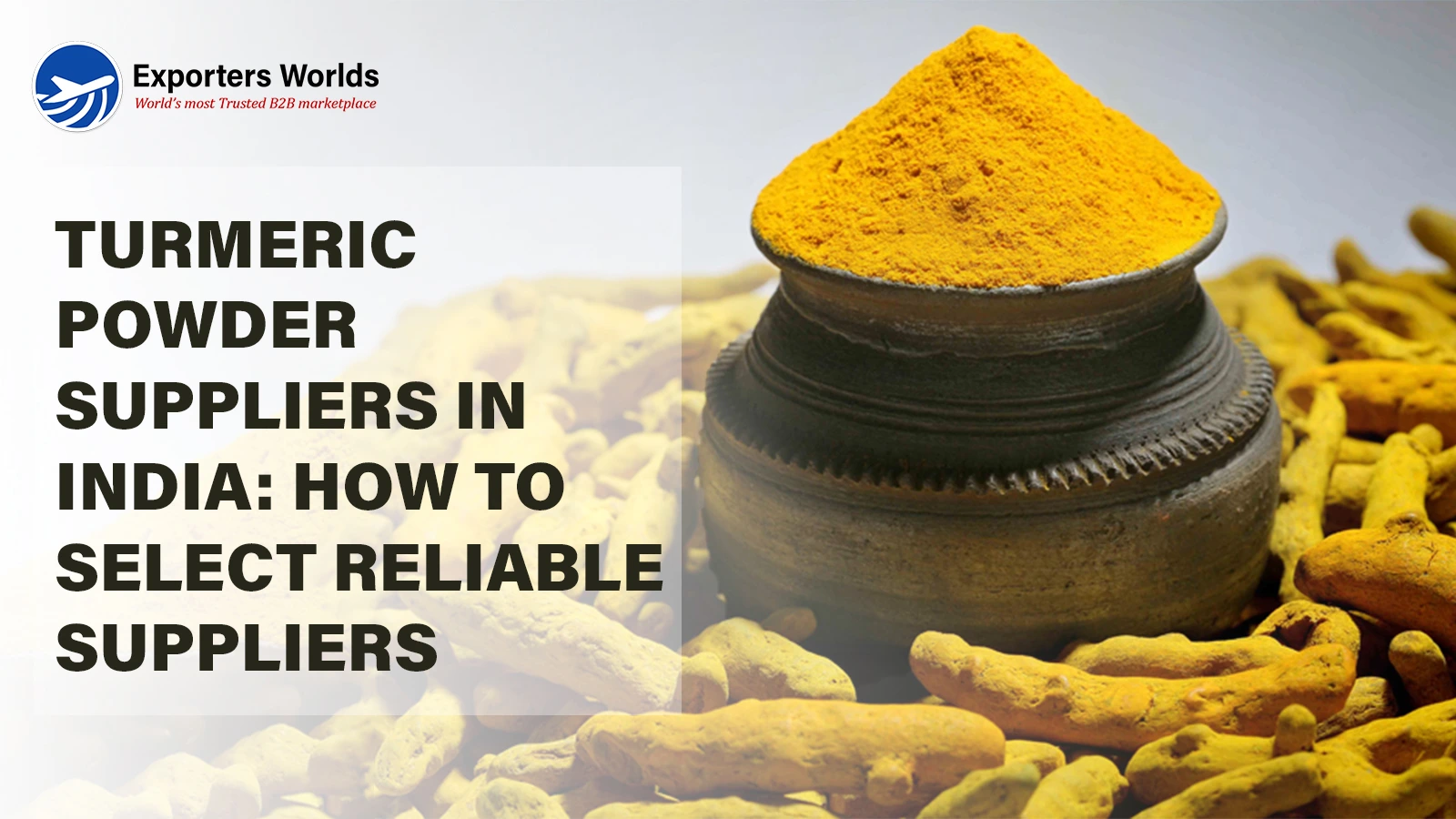How Oil Companies Are Winning Big in Import-Export Markets

Oil companies are finding new ways to grow and stay competitive. One of the biggest shifts we’re seeing is how these companies are diving deep into import and export markets. With demand for energy products rising in different parts of the world, import/export operations have become a critical part of long-term success. At the same time, businesses like Exporters Worlds are helping bridge the gap by connecting oil producers with global buyers and reliable trade partners — making international trade more efficient and less risky.
From pipelines to ports — discover how top oil companies are dominating global trade routes and securing their place in the future of energy.
Why Oil Companies Are Going International
Rising Global Demand
Oil demand is no longer centered in just a few countries. Emerging markets across Asia, Africa, and Latin America are growing fast and need reliable energy sources. To meet this need, many oil companies involved in international trade are expanding their operations across borders, targeting high-growth regions where energy infrastructure is still developing.
Diversifying Revenue Streams
Another reason for going global is diversification. Oil prices are unpredictable. By tapping into foreign markets, companies can reduce their dependence on a single region. This helps them manage risk and stay profitable, even when domestic markets are unstable.
Building Long-Term Stability
By securing export deals and building strong import partnerships, oil companies can ensure more stable cash flows. International contracts often run for several years, giving companies a clear roadmap for planning, investment, and expansion.
Key Strategies Driving Import/Export Success
A. Strategic Trade Partnerships
One major strategy oil companies use to succeed in global trade is forming partnerships. These could be joint ventures with local firms or long-term agreements with logistics providers. These partnerships make it easier to navigate local laws, understand the market landscape, and reduce entry costs.
For example, companies exporting to West Africa may partner with regional tank storage companies or shipping operators who understand the port conditions and local regulations. It’s a smarter and more efficient way to build trust and deliver value.
B. Logistics & Infrastructure Optimization
Knowing how oil companies handle global logistics is crucial to understanding their success. Oil is a sensitive and heavily regulated commodity. Getting it from the production site to a refinery or buyer overseas requires careful planning.
Smart oil companies invest in:
- Deepwater port access
- Pipeline networks
- Tank farms and terminals
- Specialized shipping vessels
By building or partnering with well-managed infrastructure networks, they reduce delays, avoid product loss, and increase profit margins.
C. Smart Compliance & Risk Management
International trade in oil comes with strict rules. From environmental laws to customs documentation, mistakes can be costly. That’s why best practices for oil export compliance are now a top priority.
Successful exporters:
- Stay updated on country-specific regulations
- Automate export documentation required for oil companies
- Use compliance experts or services like those offered by Exporters Worlds
Avoiding penalties, delays, or bans is critical, and proactive risk management is a must.
Unlocking New Markets & Opportunities
The global map of energy demand is changing. There are massive oil import export business opportunities in areas previously overlooked.
Asia: Countries like India, Vietnam, and the Philippines are building new energy infrastructure and increasing imports.
Africa: Nations such as Ghana and Kenya are becoming new frontiers for refined oil products.
Latin America: Oil demand is growing in Brazil, Colombia, and Chile, offering new business for exporters.
Oil companies that use data and analytics to predict where demand is heading can move faster and stay ahead of the competition. Many are also taking advantage of government-backed energy trade agreements, which lower tariffs and reduce entry barriers.
Exporters Worlds: Powering Global Oil Trade
This is where Exporters Worlds plays a major role.
We’re more than a B2B platform — we are your dedicated partner in success, connecting buyers and suppliers in the global oil market. Our mission is to simplify your business journey by streamlining the process of finding trustworthy partners and fostering long-term relationships.
Here's how we help oil trading companies working with exporters:
- Trade Matchmaking: We connect you with verified buyers and sellers in your target markets.
- Customs & Compliance Support: Avoid paperwork headaches with our expert guidance.
- End-to-End Logistics Help: From port handling to final delivery, we help make it seamless.
- Risk Mitigation: We help you avoid fraud, delays, and compliance failures with pre-vetted partners.
Whether you're exporting crude, refined products, or lubricants — our tools and services are built to support your trade journey.
Common Pitfalls & How Top Players Avoid Them
Even big names in oil sometimes fail in the global market. Why? Common issues include:
- Poor understanding of local regulations
- Mismanaged logistics leading to shipment delays
- Partnering with unreliable buyers or intermediaries
The result? Lost revenue, penalties, or damaged reputation.
Top companies avoid this by working with trade experts, vetting partners carefully, and investing in reliable platforms like Exporters Worlds that reduce these risks before they happen.
The Future of Oil Trade: Trends to Watch
Green Energy Transition
More countries are focusing on cleaner energy. Oil companies will need to adapt by offering cleaner fuels or exploring new forms of trade. Biofuels and LNG are gaining traction in markets like Europe and Asia.
Digital Tools & Automation
AI and digital platforms are helping companies manage trade more efficiently. From document automation to predictive logistics, going digital is no longer optional — it’s essential.
New Market Entrants
Smaller, nimble companies are entering the trade space. With platforms like Exporters Worlds leveling the playing field, it's easier for new players to make an impact globally.
Conclusion
Oil companies that win in global markets are those that prepare well, build the right partnerships, and invest in logistics and compliance. They go beyond just selling oil — they build reliable systems that deliver long-term value.
Whether you're scaling up exports or breaking into new markets, Exporters Worlds helps oil companies win — globally.
Ready to Expand Globally?
Partner with Exporters Worlds to simplify and scale your oil export operations.
Let us connect you with verified buyers, guide you through global compliance, and help you reach new markets with confidence.
???? Get Started Now – Contact Our Trade Team
Frequently Asked Questions (FAQ)
1. Why are oil companies getting involved in international trade?
Oil companies are expanding globally to tap into growing energy demand, reduce their dependence on local markets, and diversify revenue streams. International trade allows them to reach emerging markets and stabilize profits through long-term contracts.
2. What are the biggest challenges oil companies face in import/export operations?
Some of the main challenges include regulatory compliance, complex logistics, export documentation, and managing international risks. Many companies overcome these issues by working with trade specialists like Exporters Worlds.
3. How do oil companies handle global logistics?
Oil companies rely on a mix of pipelines, shipping fleets, tank farms, and international port facilities. Efficient logistics management is critical to avoid delays, reduce losses, and meet regulatory standards.
4. What kind of documentation is needed for exporting oil?
Typical export documentation includes:
- Commercial invoice
- Bill of lading
- Certificate of origin
- Customs declaration
- Safety and compliance certificates
Exporters Worlds helps oil companies manage and automate these documents for faster clearance and fewer errors.
5. What are the best practices for oil export compliance?
Best practices include staying updated on international trade laws, using automated documentation systems, training staff in compliance, and partnering with experienced service providers. Exporters Worlds offers dedicated compliance support to help companies stay risk-free.
6. Where are the top emerging markets for oil exports?
High-growth regions include Southeast Asia (e.g., Vietnam, India), West Africa (e.g., Ghana, Nigeria), and parts of Latin America (e.g., Brazil, Colombia). These markets offer strong opportunities due to infrastructure development and increasing energy needs.
7. How can Exporters Worlds help oil trading companies?
Exporters Worlds connects oil companies with trusted global buyers, simplifies logistics, ensures compliance, and reduces risk through its B2B marketplace. We help streamline every part of the import/export journey.
8. Can small or mid-sized oil companies benefit from export markets?
Yes, absolutely. With platforms like Exporters Worlds, even smaller players can access global markets, find buyers, and compete internationally by leveraging digital tools and trade support.




